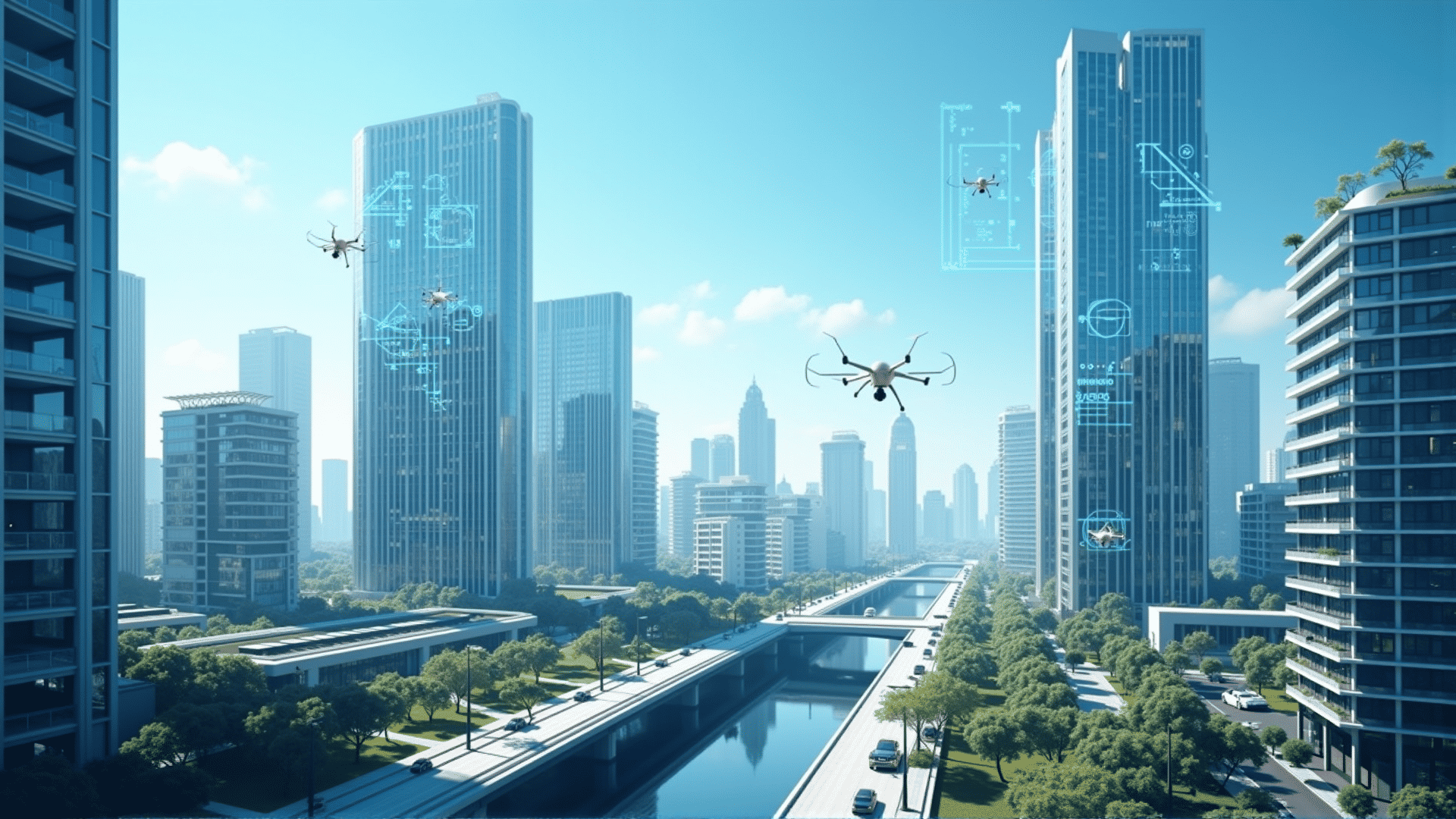In recent years, the landscape of property management has undergone significant changes, primarily driven by technological innovations. These advancements are revolutionizing the industry by providing solutions that enhance operational efficiency and promote sustainable practices.
One of the most significant technological developments is the integration of the Internet of Things (IoT) in property management. Smart devices, such as sensors and automated systems, are being used to monitor building conditions in real-time. These devices can track temperature, humidity, and energy use, allowing for optimal resource allocation and reducing wastage. This data-driven approach not only maximizes efficiency but also supports sustainability goals by minimizing the environmental footprint of buildings.
Moreover, artificial intelligence (AI) is playing a crucial role in this digital transformation. AI algorithms are now being used to predict maintenance needs, preventing issues before they arise and ensuring that properties remain in excellent condition. Through machine learning, these systems can analyze patterns and trends, offering proactive solutions rather than reactive fixes. This leads to significant cost savings, as well as improved customer satisfaction.
Another impactful tool in property management is the use of virtual reality (VR) and augmented reality (AR). These technologies are reshaping how potential buyers and tenants explore properties. Instead of traditional visits, immersive virtual tours allow stakeholders to experience properties remotely, saving time and resources while broadening the potential audience.
In conjunction with VR and AR, geographic information systems (GIS) provide detailed insights into property locations. These systems offer a comprehensive view of surrounding amenities, infrastructure, and environmental factors, helping stakeholders make informed decisions. By understanding these aspects, managers can strategically plan developments that align with both community needs and ecological considerations.
Additionally, blockchain technology, known for its security and transparency, is making inroads into property management. It enables secure transactions and enhances trust throughout the management process. Smart contracts, which automatically execute actions when predefined conditions are met, ensure fairness and efficiency in agreements, further streamlining operations.
Sustainability efforts are also benefiting from digital innovations like energy management systems (EMS). These systems optimize energy use and integrate renewable sources, contributing to greener building operations. By monitoring energy consumption patterns, EMS encourages the adoption of sustainable practices and reduces costs.
Finally, cloud-based platforms offer centralized access to information, supporting collaboration among stakeholders. These platforms facilitate seamless communication, improve data accessibility, and allow for real-time updates, ensuring that everyone involved is on the same page.
In conclusion, the digital transformation within property management is fostering an environment of innovation and sustainability. Through IoT, AI, VR, blockchain, and other cutting-edge tools, the industry is enhancing efficiency, reducing environmental impact, and providing superior experiences for all stakeholders involved. As technology continues to evolve, it will undoubtedly bring further advancements, shaping a more sustainable and efficient future for property management.
